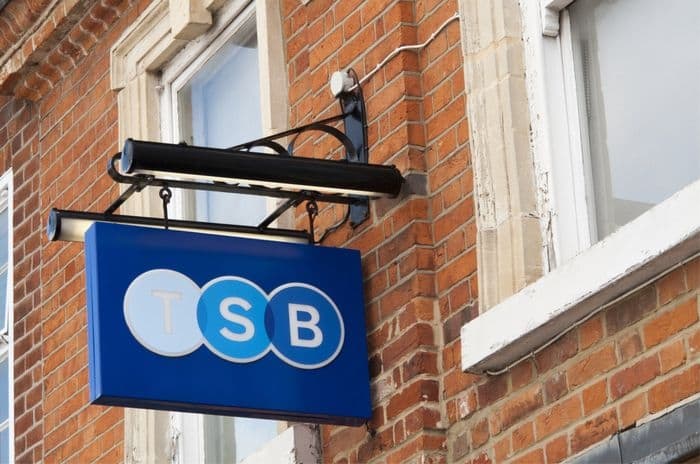Home > Money > News > Banks 'punishing' customers for shopping around for loans
Banks 'punishing' customers for shopping around for loans
BANKS are "punishing" customers for shopping around for the best loan, according to new research from TSB.

According to the research, customers are paying £418 extra in interest on the typical loan, because 70% of us don't know the difference between a "soft" and a "hard" credit check.
As TSB's study explains, a hard credit check leaves a permanent mark on an individual's credit rating, and can make the cost of borrowing more expensive for them.
And at a time when living costs are rising and banks are making it harder to get unsecured credit anyway, the carrying out of "unnecessary" hard credit checks makes it even harder for the average customer to make ends meet.
Confusions
TSB's "Consumes Matter" report found that there's much confusion over how credit ratings and checks work, and that it's costing customers more than they bargained for.
Not only do 70% of the public not know the difference between a soft and a hard check, but TSB also found evidence of the following incorrect beliefs:
- 43% of customers incorrectly believe the previous occupiers of their address affect their credit rating, while an additional 20% don't know either way
- 29% of customers think that credit reference agencies decide whether or not to accept their loan applications, while a further 22% aren't sure
- 24% of customers falsely believe that checking their credit score can lower it, while a further 20% claim not to know either way
61% of lenders
All of these beliefs are mistaken, yet TSB's research states that they all combine to result in customers unnecessarily paying around £400 million extra a year in interest payments.
On the one hand, this is because customers can't distinguish hard from soft credit checks. Yet it's also because, according to TSB, 61% of banks "perform unnecessary hard credit checks when a consumer looking for a personal loan just asks for a price or rate".
This means that customers are unknowingly submitting to hard credit checks when they just want a quote for a personal loan.
Worse still, these checks then appear on their credit history, decreasing their credit score and making it harder for them to receive a loan at a decent interest rate.
A block on shopping around
Commenting on this trend, TSB's head of loans Nick Smith said, "For any market to operate well, consumers have to be able to shop around to get the best deal for their needs. But that's not what's happening today, as the majority of providers penalise you for shopping around".
Unsurprisingly, TSB are using this research to advertise the fact that they run only soft credit checks, allowing customers to get quotes without affecting their credit rating.
Yet their research raises a very serious point, and not only because what many banks are doing could potentially discourage customers from trying to get the cheapest deal for themselves.
Credit availability
It's serious also because banks have been steadily restricting access to unsecured credit (such as personal loans and credit cards) over the course of 2017, with its availability decreasing by 28.6% in the third quarter of the year.
They've also been cutting down on the length of 0% interest deals, making it harder for customers to obtain cheap credit just when rising inflation and weak wage growth means they need it more.
Given this context, the fact that lenders are piling £400 million more in interest payments on borrowers then they need to could be making a difficult situation worse for many customers.
Rejecting applications
For example, a 2015 uSwitch survey found that around a third of people had been rejected for credit of some kind (mortgage, loan, credit card) as a result of poor credit ratings, with this rate jumping up to 57% for 18-34 year olds.
Other will get a loan or credit, but with a costlier interest rate. This not only puts an extra strain on their finances, but it could lead to serious trouble, seeing as how personal insolvencies have been growing this year and the last.
This is why TSB's research is particularly timely, and why other lenders should join them, HSBC, Halifax, NatWest and Barclays in ending hard credit checks.
Get insider tips and the latest offers in our newsletter
Get insider tips and the latest offers in our newsletter

We are independent of all of the products and services we compare.

We order our comparison tables by price or feature and never by referral revenue.

We donate at least 5% of our profits to charity, and we aim to be climate positive.
Latest News

26 October 2022
Cost of living showing worrying trends in affordability
16 June 2022
FCA warn lenders on cost of living difficulties


